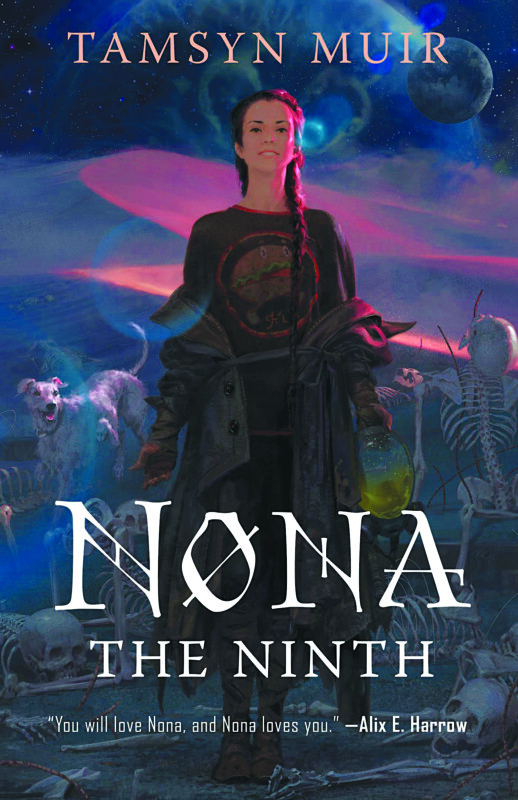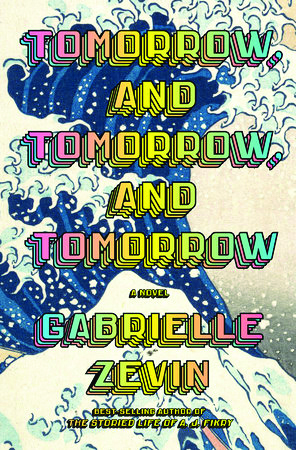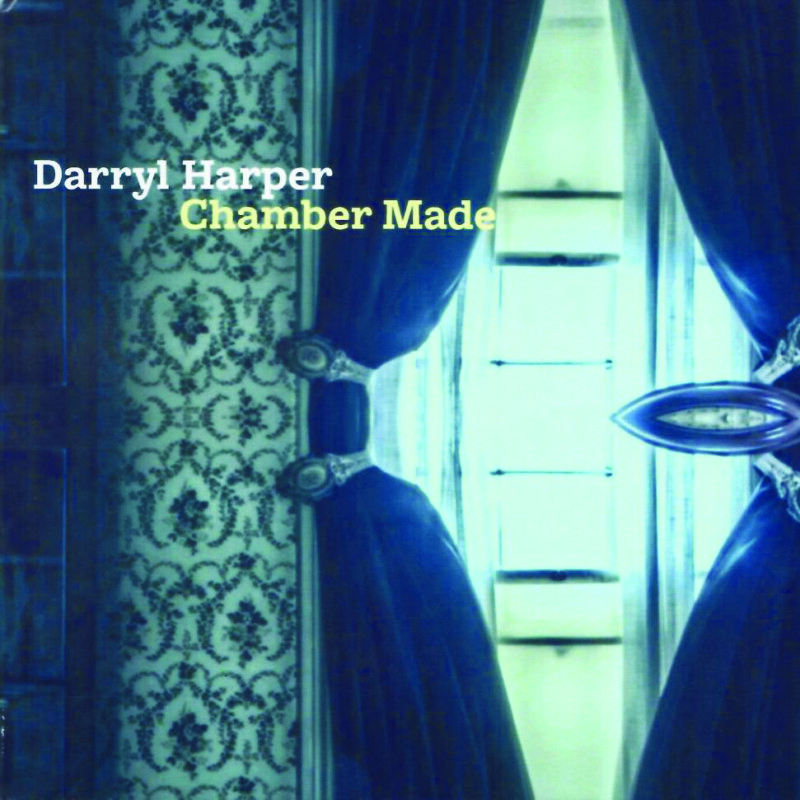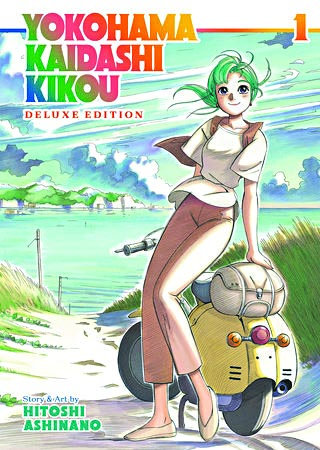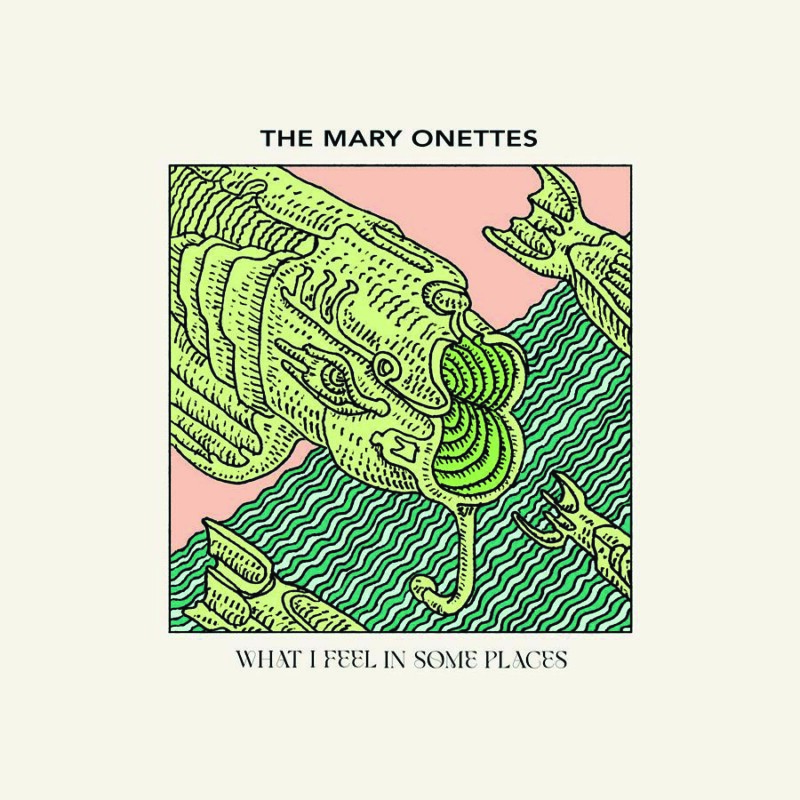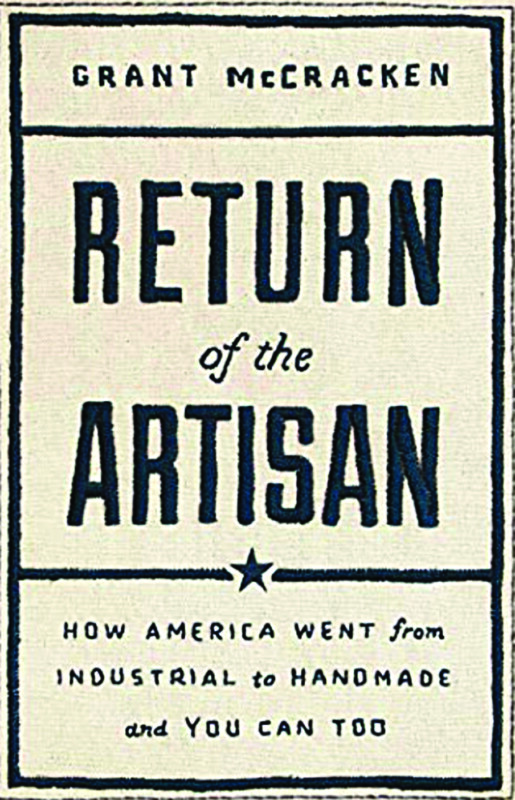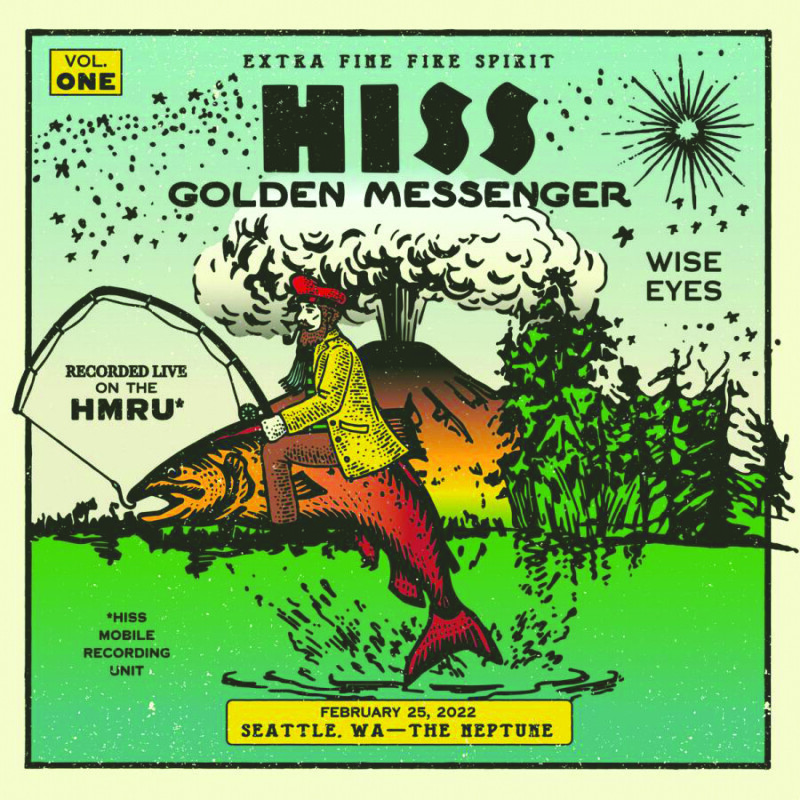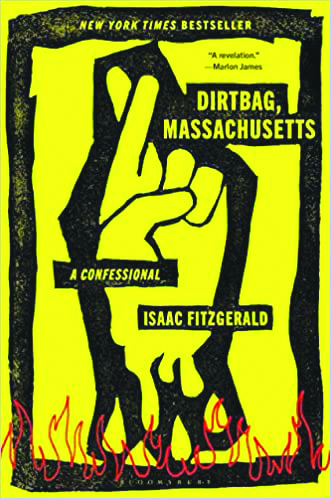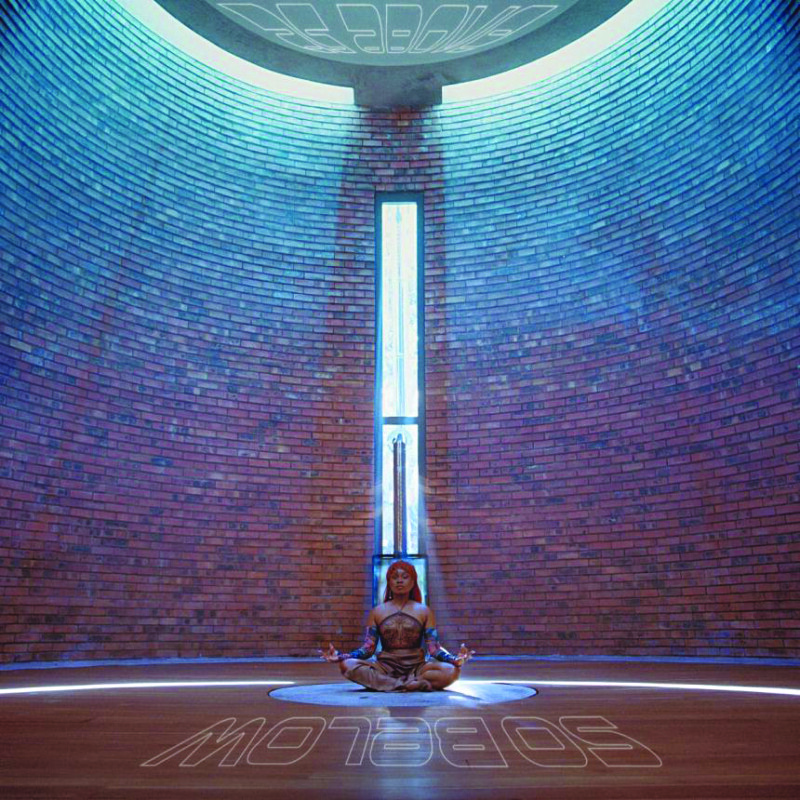Nona the Ninth, by Tamsyn Muir (Tordotcom, 480 pages)
When I first opened Gideon the Ninth, the first of Tamsyn Muir’s “Locked Tomb” series, all I knew was that the book was queer and in a science-fiction fantasy universe, and that was all I needed to soothe my lonely gay heart. And it had cool cover art. So I gave the book a shot.
And I was turned feral. I devoured Gideon the Ninth, then immediately stormed my local bookstore for the sequel, Harrow the Ninth. And after Harrow, I reread Gideon immediately. Then Harrow, again. Reader, you may not know me, but I assure you: This is unusual.
I delight in the writing; Muir selects delicious adjectives that had me re-reading sentences just to taste them again. The protagonists are lovable, equal parts endearing and heartbreaking, and the villains are conniving and charming. The unique genre is refreshing, a mix of dystopia, science fiction, fantasy and squicky horror. I am obsessed with the plot: characters navigating intense relationships within an epic adventure, reminiscent of the multimedia webcomic Homestuck (indeed, fans can find nods to it). The characters’ central struggles are captivating, including acceptance of duty, acceptance of grief, and acceptance that God is actually some guy named John who’s a bit of a jerk. And this is all in a universe that’s unapologetically gay. I think I’ve been transformed.
Now we’re at the third in the series, Nona the Ninth (and last will come Alecto the Ninth, planned for release in 2023). I paced myself through the nearly 500-page novel to try to savor it; I know there will be another long wait before Alecto comes around.
The central question here is: Who the heck is Nona? She’s a brand-new character. We know she’s a soul who has been hitching a ride in another person’s borrowed body for the past six months. She’s guileless, devastatingly cute, hilariously entitled, desperate for attention, and has an intractable case of pica. And she has no idea who she is. I was sucked into every thing Nona did, or said, or thought, trying to suss out who she might be. She is immediately endearing. She is brave and sweet and incredibly concerned for her friends. It was a joy to read about her. The tagline on the cover is true: “You will love Nona, and Nova loves you.”
At the same time that I was getting to know Nona, I was desperate to find out where my favorite protagonists’ souls (or bodies, or both) had ended up. In a similar structure to the last two books, revelations on their whereabouts and other mysteries are tantalizingly interspersed throughout the whole novel, providing rich reward for each chapter. Peppered in are moments of action, which are vibrant in their immediacy and urgency. The novel culminates in an explosive, breathtaking finale that will have you scrambling for the next installment, or to re-read the previous novel with fresh context.
I celebrated some of the reveals in Nona, while others were awful. I asked myself, “Is it possible to wail in delight and horror at the same time? This is probably not what they mean by ‘laughing until you cry.’” But Muir is aware of this emotional weight, and skillfully alternates between sweet tenderness, chilling doom, and irreverent humor.
There are intractable mysteries remaining, though: What do the pictographs at the start of each chapter represent? What clues can be found in the various bible passages that are quoted? Which memes went completely over my head? You can enjoy these novels with a surficial read, but even more can be extracted between the lines. It’s the perfect kind of book to discuss with your friends, whether by sharing your favorite lines or brainstorming the latest fan theories.
Readers used to heavy worldbuilding in science-fiction fantasy a la Brandon Sanderson may be thrown off by the sparsely described setting of this installment, the city (or planet?), which we eventually learn is New Rho. Only what we need to know is supplied. But this brevity does not bring down the story. The true focus in The Locked Tomb are the characters and their relationships. And indeed, Muir plies her trade to good effect. Nona the Ninth made me laugh out loud, cry, seethe with both cheer and horror, and put my heart through a meat grinder. To this I ask: more, please.
For much of Nona, I felt bittersweet pangs for my favorite characters. I wonder: What kind of ending will befall them in Alecto? Will they ever be at peace? At this point, it’s hard to see the light at the end of the tunnel, but I have trust that Muir will take them, and us, home. As many have already said: I’ve never read anything like Nona the Ninth. And I fear that when The Locked Tomb series is over, I’ll never read anything like it again. A+
— Alaina Tocci
Book Events
Author events
• YANA TALLON-HICK, therapist, writer and educator, will be at Bookery Manchester (844 Elm St., Manchester, 836-6600, bookerymht.com) to discuss her book Hot and Unbotheredon Friday, Sept. 16, at 7 p.m.
• SUSIE SPIKOL, a naturalist at the Harris Center for Conservation Education in Hancock, will discuss her book The Animal Adventurer’s Guide: How to Prowl for an Owl, Make Snail Slime, and Catch a Frog Bare-Handed, on Saturday, Sept. 17, at 11 a.m. at Toadstool Bookshop (12 Depot Square in Peterborough; toadbooks.com, 924-3543).
• JOSEPH D. STEINFIELD presents Time for Everything: My Curious Life at Gibson’s Bookstore (45 S. Main St., Concord, 224-0562, gibsonsbookstore.com) on Tuesday, Sept. 20, at 6:30 p.m.
• BOB BUDERI author of Where Futures Converge: Kendall Square and the Making of a Global Innovation Hub will beat the Bookery (844 Elm St., Manchester, 836-6600) on Wednesday, Sept. 21, at 5:30 p.m. for a discussion with special guests C.A. Webb and Liz Hitchcock. Free admission; register at bookerymht.com.
• NINA TOTENBERG The Historic Music Hall Theater (28 Chestnut St., Portsmouth, 436-2400, themusichall.org) will host NPR legal affairs correspondent Nina Totenberg on Wednesday, Sept. 21, at 7 p.m. to present her newly released memoir Dinners With Ruth, which chronicles her lifelong friendship and conversations with the late Supreme Court Justice Ruth Bader Ginsburg. Tickets are $43 and include a book voucher.
• SUSIE SPIKOL, a naturalist at the Harris Center for Conservation Education in Hancock, will come to Gibson’s Bookstore (45 S. Main St. in Concord; gibsonsbookstore.com, 224-0562) to “teach your kiddos how to find critters in their neighborhood” on Saturday, Sept. 24, at 11 a.m. with her book The Animal Adventurer’s Guide: How to Prowl for an Owl, Make Snail Slime, and Catch a Frog Bare-Handed, according to a press release. The book, which is slated for release Sept. 13, features “50 hands-on activities and adventures that bring you closer to wild animals than you’ve ever been,” the release said. Spikol will also bring supplies to do one of the crafts from the book.
• HUMA ABEDIN The Historic Music Hall Theater (28 Chestnut St., Portsmouth, 436-2400, themusichall.org) will host Huma Abedin, longtime political advisor and aide for Hillary Clinton, to discuss her bookBoth/Andat the Music Hall on Tuesday, Sept. 27, at 7 p.m.Tickets are $15 and include a book voucher.
• DONALD YACOVONE will discuss his new book Teaching White Supremacy: America’s Democratic Ordeal and the Forging of Our National Identity on Thursday, Sept. 29, at 7 p.m. at Gibson’s Bookstore (45 S. Main St., Concord, 224-0562, gibsonsbookstore.com).
• STEPHEN PULEO visits the Nashua Public Library (2 Court St., 589-4600, nashualibrary.org) on Sunday, Oct. 2, at 2 p.m. to discuss his book Dark Tide: The Great Boston Molasses Flood of 1919. Registration is required.

